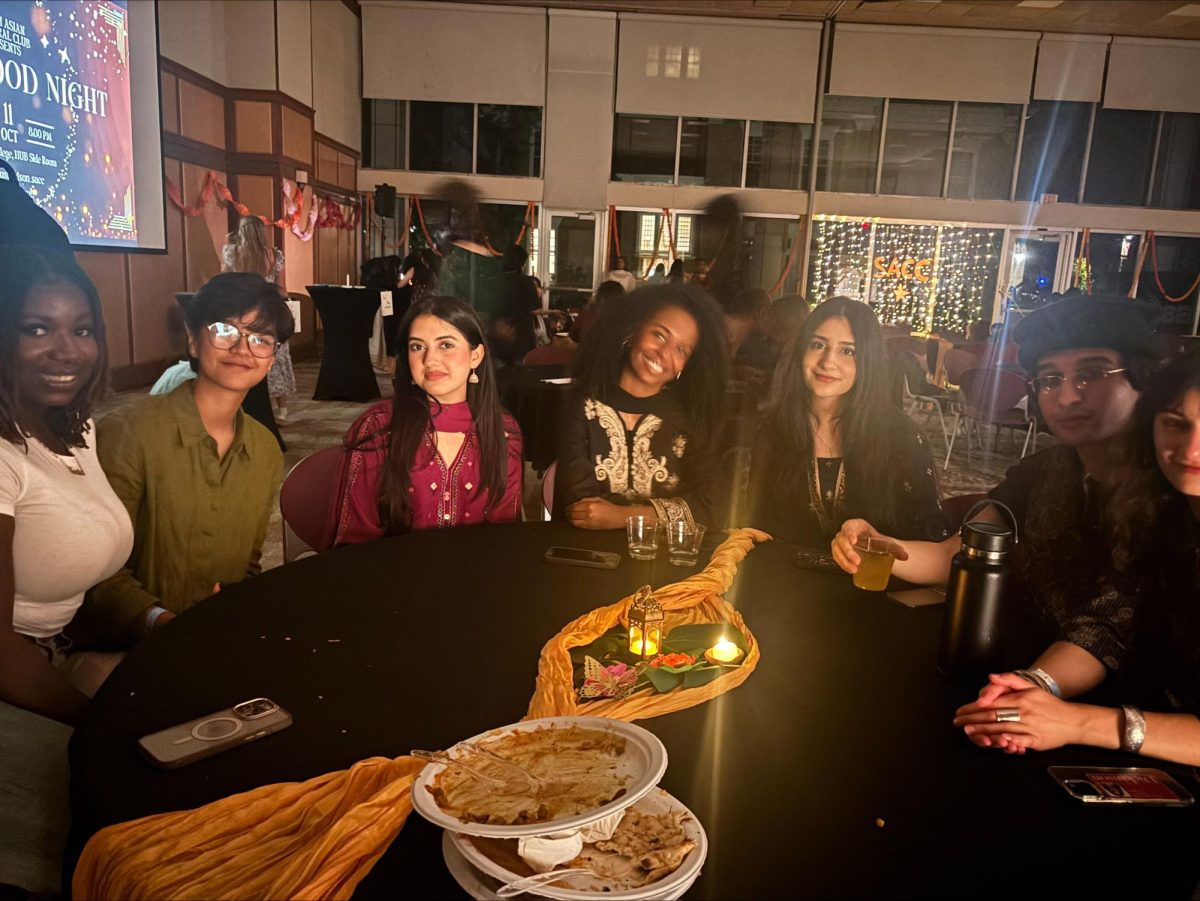Everyone loves a good historical fiction novel, but what is the process that goes into this type of book? Why do authors tell stories within this genre? Kim van Alkemade, author of Counting Lost Stars, has many answers to this question.
Her latest book, Counting Lost Stars, features two distinct settings: New York City in the 1960s, and The Hague, Netherlands in 1941. The story follows one woman in each time period and integrates topics about reproductive rights, identity, women in STEM, and the dangers of technologization. Van Alkemade particularly focuses on the effective use of punch card computers in organizing the Holocaust.
What sparked van Alkemade’s interest in learning everything that can be learned about connecting circuits for punch card computers? The author’s father grew up in the Netherlands during the Nazi occupation. After living with the guilt of his neighbors’ arrests, he emigrated to the United States and married a Jewish woman working in the Empire State Building. During this presentation, van Alkemade displayed a postcard of the Empire State Building that read “Where the Whole World Meets.” It was a foggy day when she visited the building during a research trip, which represented the memory and the imagination that would be put into her novel.
Van Alkemade also emphasized her identity not only as a Jewish woman but as the daughter of a Dutch immigrant who survived the Blitzkrieg. This background informed the characters of her novel and influenced the choices they made. Her parents met at the Empire State Building, which has significance in the book. Stories that her father would occasionally reference encouraged van Alkemade to give a platform for all of the horrors and guilt that he had to deal with. Reflecting on her interviews with her father’s sister, she said that her aunt had completely forgotten the experience of the war and only started to remember it decades later.
On top of writing the story based on familial experience, van Alkemade conducted phenomenal research on Dutch census cards that were collected by the Nazi regime, and the codes on them. “18” was the number assigned to Westerbork, a transit camp near her father’s hometown, and was also used to create ghettos. Several books and movies served as inspiration, including Unwed Mother (1958), IBM and the Holocaust by Edwin Black, and The Girls Who Went Away by Ann Fessler. Diaries were perhaps the most important source that van Alkemade used because the survivors were writing without having fully experienced the entire outcome of the war. This helped the author stay true and focused on how she wanted to portray the characters in the book.
Van Alkemade said that the content of her research was difficult to work through, especially because of her father’s experience following the Nazi occupation. While sifting through identification cards completed by members of the Judenrat, the elder Jewish council in ghettos, van Alkemade had to grapple with the fact that every single card represented a person who did not survive. To remain in the necessary headspace, all of the scenes of the book that took place during World War II were initially written sequentially rather than non-linearly, which is how they are told in the final book. She felt that she had an obligation to make the book as accurate as possible.
In regard to her choice to write a historical fiction novel, Van Alkemade said that there has been a rise in untold stories of exceptional women through the lens of fiction that are often overlooked in other disciplines. A historical fiction novel is a gateway for the reader to learn more about history and acts as a form of dual entertainment and education since authors can include a bibliography and a note clarifying what is fiction and what is reality. Instead of writing about the thoughts and feelings of real people, a fictional character can be made using the information provided by several different figures. But generally, the goal is for the reader not to be able to tell what is fiction and what comes from the author’s imagination. When asked what she wanted people to take away from her work, van Alkemade responded “It is important to be brave, but hard to be brave by yourself. Find support and be brave together.”
Her book Counting Lost Stars was released this past July, and is available everywhere, including at the Whistlestop Bookshop in Carlisle.





